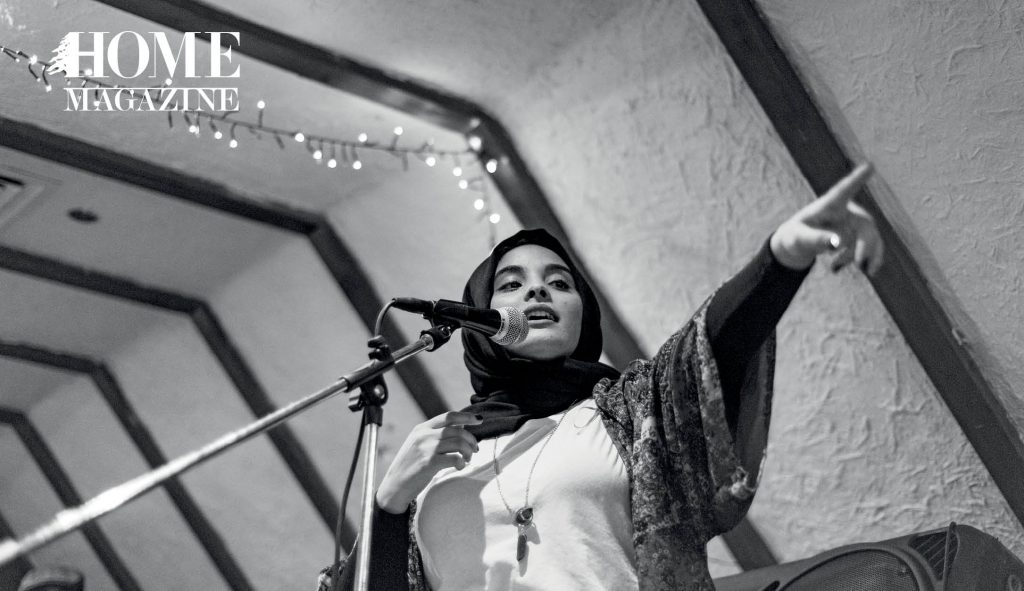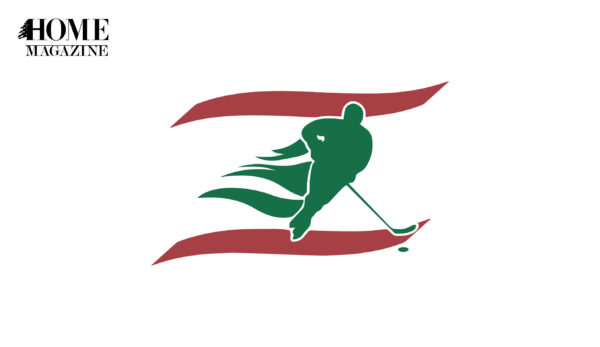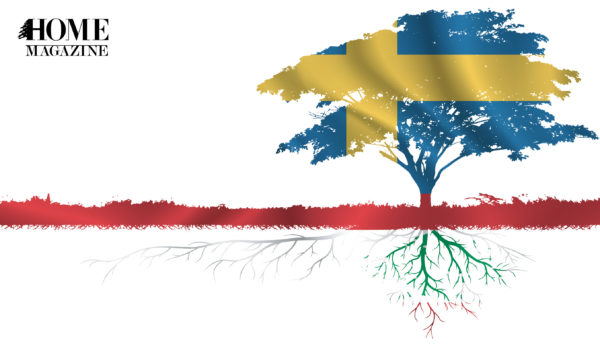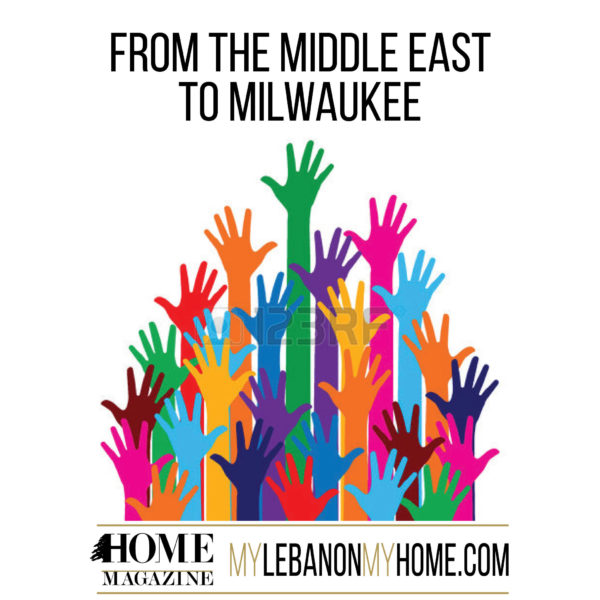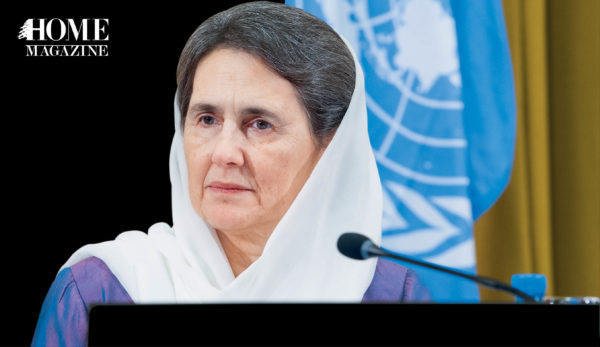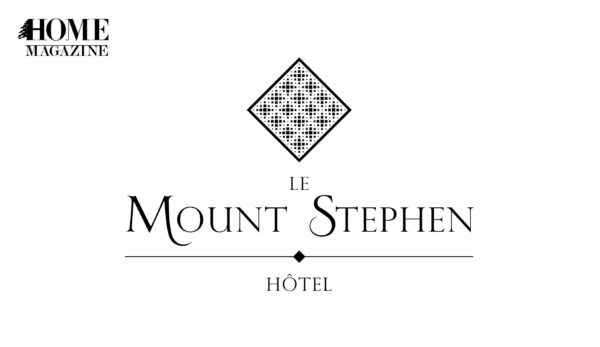Photo by: Hussam El-Galad
At 21, I am back at my parent’s apartment, in the same room I grew up in. My bedroom walls contain evidence of my past, with graffiti from my school days and the Lebanese flag hanging above my bed. They paint a picture of my dorm days, Beirut’s expansive street art, and small shops with big stories. I moved to Lebanon when I was 17 to begin my journey toward higher education. It was my first real interaction with my motherland, following years existing on a soil that remained foreign. I grew up in Jeddah, Saudi Arabia, yet my navy blue cedar passport never turned palm tree green.
Saudi Arabia: stereotypes galore may crowd your impression of the country, from locals riding camels at every turn to women dressed from head to toe in black garb. The reality, however, is quite different, especially considering the changes that have occurred in the past few years. I returned to Jeddah three years later, a changed person. I missed the late night drives around Beirut and craved the early mornings by the Raouche seaside.
Jeddah was different, too, though the changes were subtle at first, increasing exponentially until the news about women driving emerged in September of 2017. I heard the news at a Toastmasters International meeting, which convenes people worldwide to become better public speakers and leaders; the audience paused and applauded, checked and rechecked to confirm the validity of the news. On our way HOME, our Uber driver grumbled and sighed at the idea of sharing the streets with women drivers. Suddenly, the country seemed to be split in half, between those for and those against female drivers. People took to Twitter to share their celebrations and condolences.
This sudden divide wasn’t all bad. It offered precisely the push I’d needed to host the very first Jeddah Spoken Word, a branch of a writing collective called The Poetry Passport, which I had initiated earlier that month. After a lot of planning and even more last minute improvisations, it finally came to fruition. Standing in front of a crowd of about 40 to 50 people sharing spoken word poetry on the turbulence of faith and encouraging a crowd of strangers, both men and women, to come up during the open mic and share whatever they wanted. The room came alive with enthusiasm. As the evening drew to a close, several people approached me to offer thanks and to marvel at how such an event could so successfully take place here in Jeddah.
“I grew up in Jeddah, Saudi Arabia, yet my navy blue cedar passport never turned palm tree green.”
The changes weren’t all unexpected or overwhelming, either. A simple lifestyle change comes to mind: for years, I would only leave the house draped in a black or a navy abaya, but after this development, I slowly began to add more color to my attire. I now feel comfortable leaving HOME wearing a florescent blue abaya as a cardigan. I’ve found the balance I’d craved and my hijabi outfits, which I loved wearing in Lebanon, finally got to see the light of day in Jeddah.
Today, I go to the mall and see women in long dresses, an act, which just a few years ago, would’ve been revolutionary, but today is just a typical style choice.
The Crown Prince Mohammad bin Salman, along with the long-planned 2030 vision, has contributed to the Saudi Arabia we are experiencing today. However, Jeddah possesses an inherent vibrancy that is absent in other Saudi Arabian cities, as well as a thriving art scene and public events.
Check out a few hashtags on Instagram, such as #Jeddahevents or #Jeddahnow, or accounts like @Destinationjed or @Jeddah.society in order to find information about dozens of exciting events. In March 2018, my male friend offered me a ride to the sixth Jeddah Spoken Word, and I experienced a flashback of a friend from high school telling me that she often got stopped by police when her brother drove her around. She was asked on numerous occasions to show identification to prove they were siblings. I often marvel at how far we’ve come.
As women officially began driving in June of 2018, following the updates via Instagram, while cruising with my aunt on Beirut’s streets, I felt saddened that I was missing such a milestone in Saudi Arabia’s history. Now, every time I see a photo or video of a female driver, an internal celebration incurs. I am in the process of applying to a driving school in Lebanon to receive my license and prepare to drive in Jeddah as soon as I return to my other HOME.
Dana Seif is the founder of The Poetry Passport, a poets’ organization that is virtually based on the web and tangibly based in Jeddah, Saudi Arabia. She is a graphic designer and writer, pursuing a master’s degree in media production.

